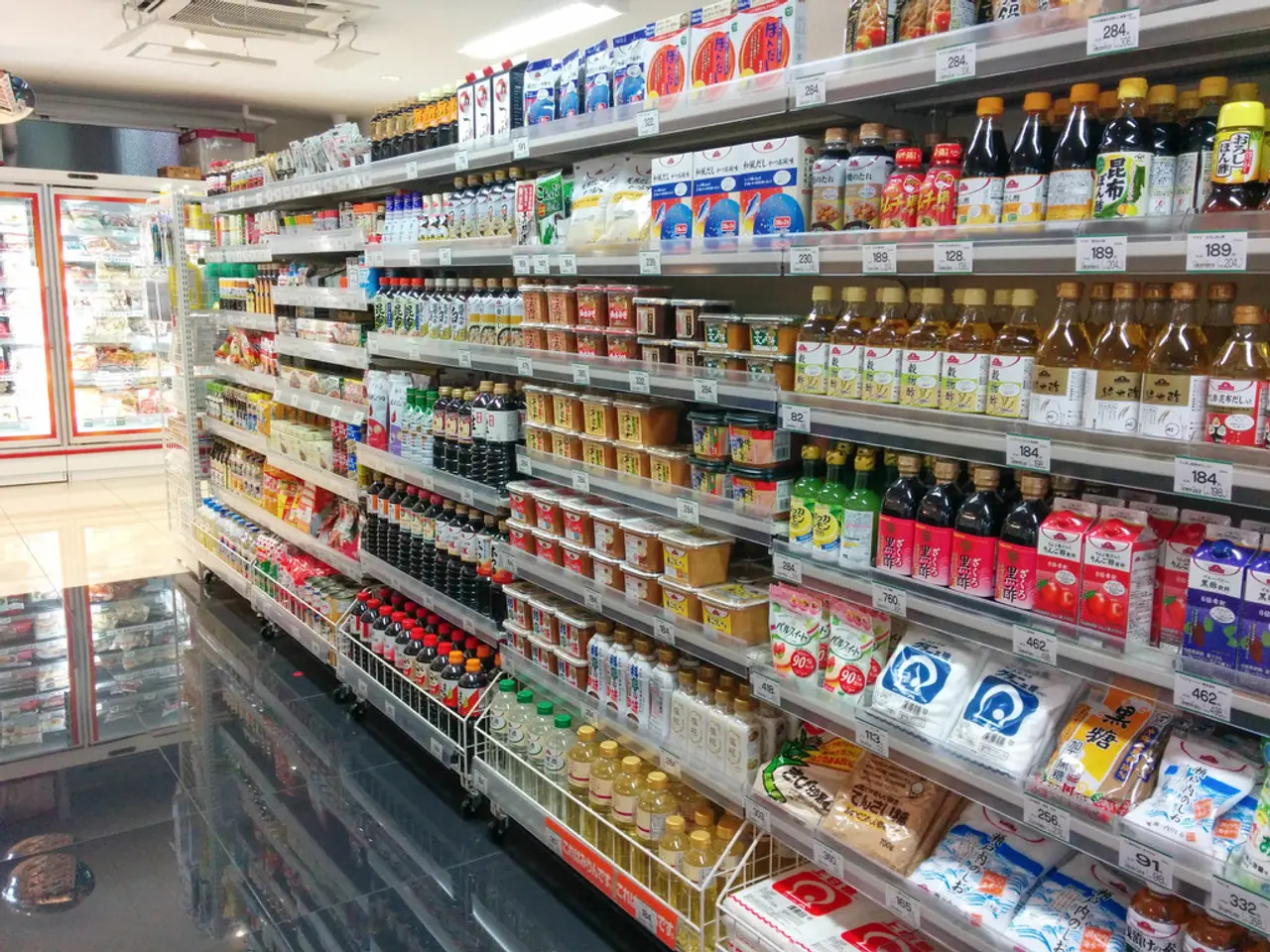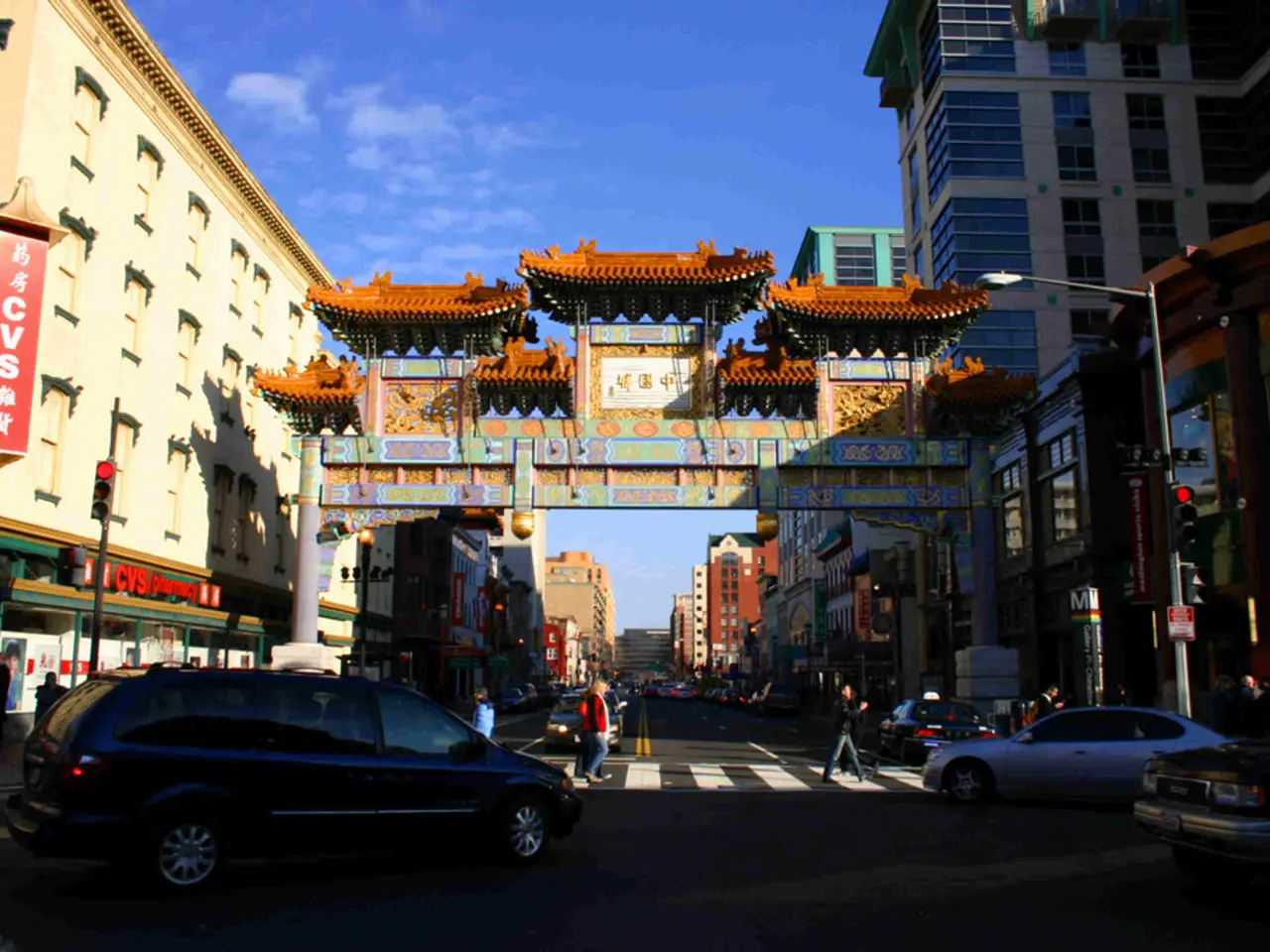Volkswagen and collaborative Chinese entity halt manufacturing operations at their Nanjing factory.
In a strategic move to adapt to the evolving automotive market in China, particularly the shift towards electric vehicles (EVs) and competitive pricing pressures, Volkswagen and SAIC have announced the closure of their joint manufacturing plant in Nanjing.
**Reasons for Closure**
The Nanjing plant, which has been producing models such as the VW Passat and Skoda Superb, is situated near the city center, making it costly and inefficient to convert for EV production given its urban location. This factor played a significant role in the decision to close the factory rather than retrofit it for EV manufacturing [1][3].
Production at the Nanjing plant has already ceased, and the closure will occur gradually throughout the second half of the year. This marks the first full closure of a Volkswagen plant in China [1][2].
**Plans for the Future**
Volkswagen plans to consolidate production at a more suitable neighboring facility in Yizheng, approximately 70 kilometers away. This relocation is part of the company's comprehensive strategic realignment to optimize its production network in China [1].
In addition to the relocation, Volkswagen is collaborating with SAIC and other partners like Xpeng to launch new models specifically designed to be more competitive in the Chinese market, particularly in the EV segment. The success of these models depends heavily on factors such as pricing and local market adaptation [3].
The company's strategic move aligns with the broader trend of focusing on electric vehicle development and manufacturing in China, where the market is highly competitive and cost-sensitive.
In summary, Volkswagen and SAIC have ended production at the Nanjing plant due to the unfeasibility of upgrading it for electric vehicle production given its urban location. Instead, they are shifting production to a nearby facility better suited for EV manufacturing and focusing on developing more competitive, locally tailored EV models to regain market share in China’s increasingly competitive automotive market [1][3].
[1] Handelsblatt, 2023 [2] Volkswagen AG press release, 2023 [3] SAIC Motor Corporation Limited press release, 2023
To adjust to the rapidly evolving electric vehicle market and competitive pricing pressures in China, Volkswagen and SAIC are collaborating to develop more cost-effective, locally tailored EV models [3]. As part of this strategy, they are shifting production from the inefficient, urban-located Nanjing plant to a more suitable facility in Yizheng, optimizing their production network in the process [1]. Additionally, the companies are planning vocational training programs to equip workers with the skills necessary for the transition towards EV manufacturing [2]. These moves demonstrate Volkswagen's commitment to adapting to the competitive Chinese automotive market and the global industry's shift towards cleaner, sustainable energy sources [1][3].
[1] Handelsblatt, 2023[2] Volkswagen AG press release, 2023[3] SAIC Motor Corporation Limited press release, 2023




